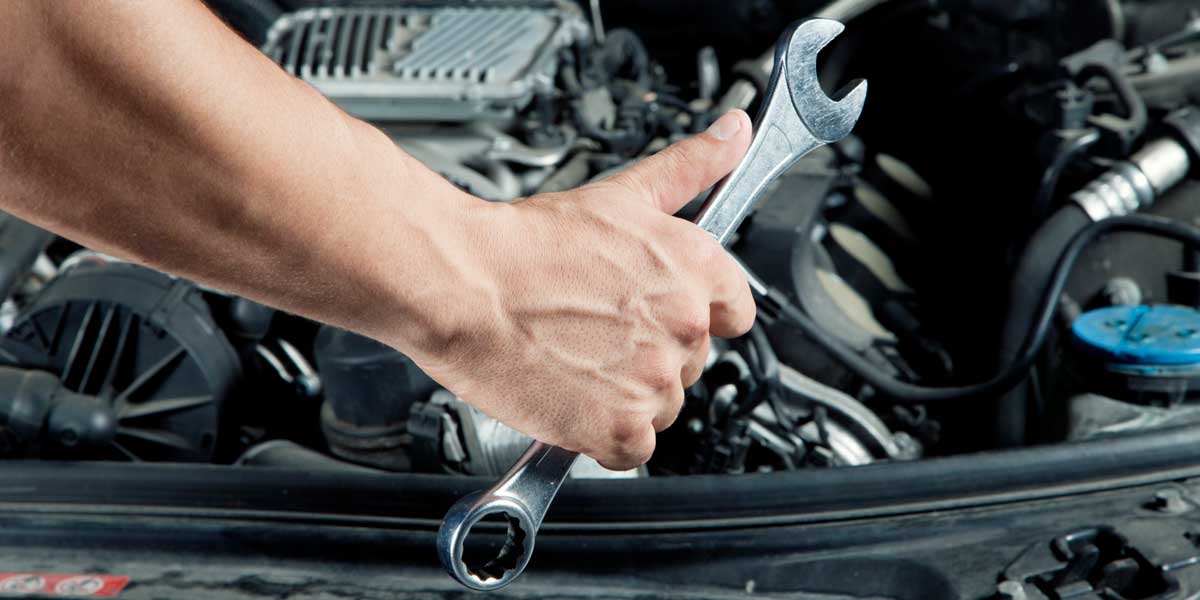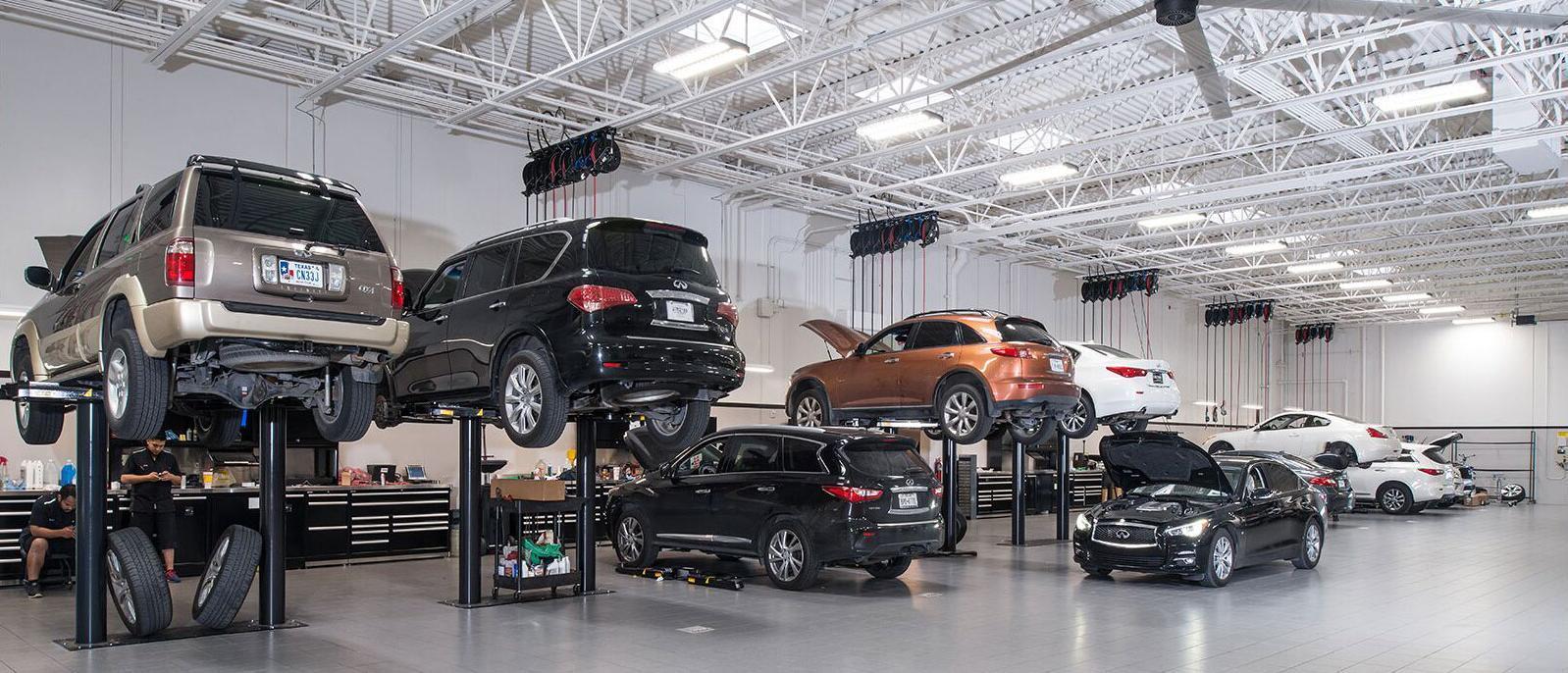All Categories
Featured
When your automobile gets too hot, it can feel like a significant emergency, but staying calm and complying with the ideal steps can avoid significant engine damages and assistance obtain you back when driving securely. In this blog post, we'll explore what to do if your car overheats and provide preventative suggestions to decrease the risk of overheating in the future.
If Your Cars and truck Gets too hot,What to Do. Pull Over to a Safe Place The very first and crucial action if your automobile begins to overheat is to draw over to a secure spot immediately. Turn on your hazard lights and assist your vehicle to the shoulder or right into a parking lot. Maintaining your auto running while it's overheated can create severe damage to the engine, so it's crucial to shut the engine off immediately.
Let the Engine Cool Off Once you've safely quit, permit the engine to cool off. You ought to never attempt to open the radiator cap while the engine is still hot, as the launch of heavy steam or warm coolant can trigger burns. Wait at least 15-20 mins to allow the engine temperature to drop to a much safer degree prior to continuing.
![]()
Examine the Coolant Level After the engine has actually cooled, examine the coolant degrees by evaluating the tank or radiator. Leading it off with a blend of coolant and water (as specified by your vehicle's manufacturer) if it's reduced. Constantly make use of care when opening the coolant reservoir, as pressure might have developed.
Seek Noticeable Leaks While you wait on the engine to cool down, aesthetically evaluate the radiator, tubes, and coolant storage tank for any visible leaks or cracks. A dripping radiator or hose pipe is a common cause of getting too hot. It's much better to call a tow solution than danger driving additionally and creating additional damages. if you locate a considerable leak.
Restart the Engine After enabling the engine to cool and making certain the coolant is completed, begin the engine and keep track of the temperature scale. If the temperature level remains to climb swiftly, it's finest to shut the engine off and require roadside support or a tow to the closest mechanic.
![]()
Just How to avoid Overheating in the Future. Routinely Inspect Coolant Levels Among the simplest means to prevent overheating is by keeping the ideal level of coolant. In time, coolant can evaporate, so regularly examine the coolant degrees in the tank. Reduced coolant degrees can create the engine to overheat swiftly, so leading it off as required.
Examine the Radiator The radiator plays a crucial role in keeping the engine cool. Occasionally check the radiator for any blockages, dust, or particles that can obstruct airflow. If you discover any kind of signs of damages, such as corrosion or leakages, have it fixed or changed as soon as feasible.
Replace the Thermostat and Water Pump A malfunctioning thermostat or water pump is a common cause of overheating. The thermostat manages the flow of coolant, while the water pump distributes it with the engine. If either component is defective, it can avoid proper cooling. When needed., have your mechanic inspect these components on a regular basis and replace them.
Flush the Air conditioning System In time, coolant can break down and become ineffective, triggering a build-up of debris in the system. Purging the air conditioning system every 30,000 miles, or as suggested in your vehicle's guidebook, assists to remove any type of sludge or buildup and guarantees the cooling system is operating properly.
Display the Condition of the Pipes The hose pipes in your lorry's air conditioning system can use out or split over time. Inspect the tubes for any type of signs of wear, such as bulging, splits, or leakages, and replace them if required. Stopping coolant leaks can go a lengthy method in staying clear of overheating.
![]()
Drive Sensibly Hostile driving, such as increasing rapidly or driving at high rates, puts added stress on your engine and its cooling system. Try to drive at moderate speeds, especially on warm days or when driving on high slopes, to minimize the chances of getting too hot.
Avoid Straining Your Car Carrying excessive weight in your lorry places tension on the engine and air conditioning system. Constantly bear in mind your automobile's weight restriction, specifically if you're transporting heavy tons, lugging a trailer, or driving lengthy ranges in warm weather condition.
Verdict. A getting too hot cars and truck can be a frightening experience, yet recognizing how to react and prevent it can save you time, money, and prospective engine damages. Constantly examine your coolant levels, inspect key components like the radiator, thermostat, and hose pipes, and comply with a regular maintenance schedule. By staying on top of your lorry's cooling system, you can lower the threat of getting too hot and take pleasure in a smoother, safer driving experience.
If Your Cars and truck Gets too hot,What to Do. Pull Over to a Safe Place The very first and crucial action if your automobile begins to overheat is to draw over to a secure spot immediately. Turn on your hazard lights and assist your vehicle to the shoulder or right into a parking lot. Maintaining your auto running while it's overheated can create severe damage to the engine, so it's crucial to shut the engine off immediately.
Let the Engine Cool Off Once you've safely quit, permit the engine to cool off. You ought to never attempt to open the radiator cap while the engine is still hot, as the launch of heavy steam or warm coolant can trigger burns. Wait at least 15-20 mins to allow the engine temperature to drop to a much safer degree prior to continuing.

Examine the Coolant Level After the engine has actually cooled, examine the coolant degrees by evaluating the tank or radiator. Leading it off with a blend of coolant and water (as specified by your vehicle's manufacturer) if it's reduced. Constantly make use of care when opening the coolant reservoir, as pressure might have developed.
Seek Noticeable Leaks While you wait on the engine to cool down, aesthetically evaluate the radiator, tubes, and coolant storage tank for any visible leaks or cracks. A dripping radiator or hose pipe is a common cause of getting too hot. It's much better to call a tow solution than danger driving additionally and creating additional damages. if you locate a considerable leak.
Restart the Engine After enabling the engine to cool and making certain the coolant is completed, begin the engine and keep track of the temperature scale. If the temperature level remains to climb swiftly, it's finest to shut the engine off and require roadside support or a tow to the closest mechanic.

Just How to avoid Overheating in the Future. Routinely Inspect Coolant Levels Among the simplest means to prevent overheating is by keeping the ideal level of coolant. In time, coolant can evaporate, so regularly examine the coolant degrees in the tank. Reduced coolant degrees can create the engine to overheat swiftly, so leading it off as required.
Examine the Radiator The radiator plays a crucial role in keeping the engine cool. Occasionally check the radiator for any blockages, dust, or particles that can obstruct airflow. If you discover any kind of signs of damages, such as corrosion or leakages, have it fixed or changed as soon as feasible.
Replace the Thermostat and Water Pump A malfunctioning thermostat or water pump is a common cause of overheating. The thermostat manages the flow of coolant, while the water pump distributes it with the engine. If either component is defective, it can avoid proper cooling. When needed., have your mechanic inspect these components on a regular basis and replace them.
Flush the Air conditioning System In time, coolant can break down and become ineffective, triggering a build-up of debris in the system. Purging the air conditioning system every 30,000 miles, or as suggested in your vehicle's guidebook, assists to remove any type of sludge or buildup and guarantees the cooling system is operating properly.
Display the Condition of the Pipes The hose pipes in your lorry's air conditioning system can use out or split over time. Inspect the tubes for any type of signs of wear, such as bulging, splits, or leakages, and replace them if required. Stopping coolant leaks can go a lengthy method in staying clear of overheating.
[1].jpg)
Drive Sensibly Hostile driving, such as increasing rapidly or driving at high rates, puts added stress on your engine and its cooling system. Try to drive at moderate speeds, especially on warm days or when driving on high slopes, to minimize the chances of getting too hot.
Avoid Straining Your Car Carrying excessive weight in your lorry places tension on the engine and air conditioning system. Constantly bear in mind your automobile's weight restriction, specifically if you're transporting heavy tons, lugging a trailer, or driving lengthy ranges in warm weather condition.
Verdict. A getting too hot cars and truck can be a frightening experience, yet recognizing how to react and prevent it can save you time, money, and prospective engine damages. Constantly examine your coolant levels, inspect key components like the radiator, thermostat, and hose pipes, and comply with a regular maintenance schedule. By staying on top of your lorry's cooling system, you can lower the threat of getting too hot and take pleasure in a smoother, safer driving experience.
Latest Posts
Explore WyHy FCU – Top Benefits for Members
Published May 25, 25
1 min read
Find Outstanding Car Repair Care in Chicago – Quality Service Today
Published May 24, 25
1 min read
Boost Your Home's Outside with Weathercraft's Home siding Solutions
Published May 23, 25
1 min read